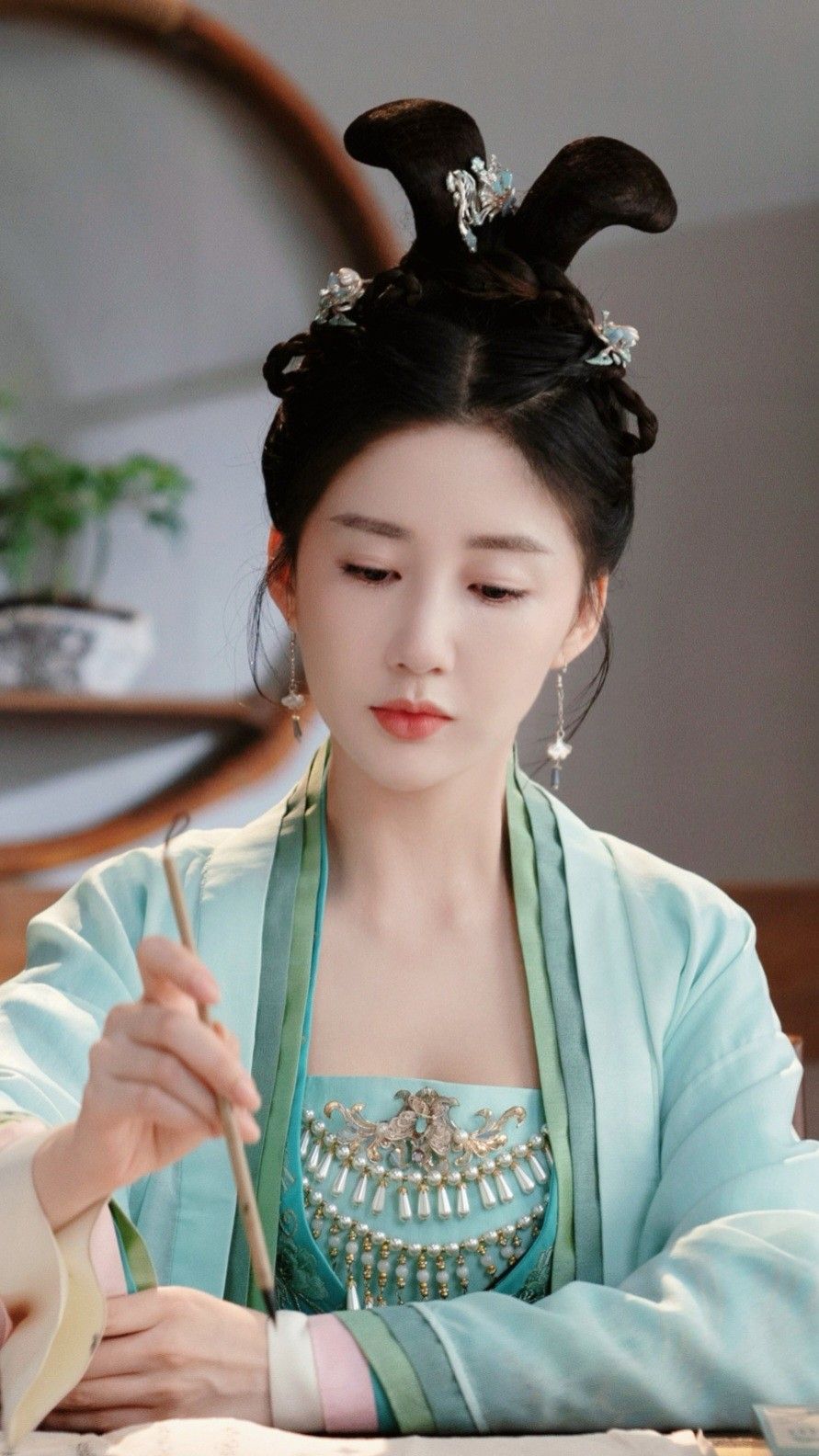In the vibrant tapestry of Chinese culture, the engagement ceremony marks a pivotal moment in the journey of two individuals as they embark on the path towards matrimony. This auspicious occasion is not only a declaration of love and commitment, but also a display of traditional values and family pride. Among the various elements that contribute to this celebration, the qipao and the toast are significant symbols that embody respect, unity, and good wishes.

The qipao, a traditional Chinese garment, is not just a piece of clothing; it’s a symbol of elegance and cultural heritage. At the engagement ceremony, the qipao plays a pivotal role as the attire of choice for the soon-to-be bride. Its rich history and intricate designs reflect the deep-rooted cultural significance of the occasion. The vibrant colors and intricate patterns of the qipao symbolize prosperity, happiness, and good luck, all of which are desired outcomes of the engagement and upcoming wedding.
As the ceremony progresses, the toast is an integral part of the festivities. It is a time for family members and close friends to offer their blessings and good wishes to the couple. The act of toasting itself is a symbolic representation of respect and good wishes for the future. The toast is often accompanied by a speech that highlights the love story of the couple, their shared values, and their commitment to each other.
The敬酒服 (jiujiu fu), also known as the toast robe, is a traditional robe worn during the toast session at Chinese wedding ceremonies. It is a symbol of respect and honor as it allows the soon-to-be bride and groom to receive blessings from their elders gracefully. The design and color of the jiujiu fu vary, but they often reflect themes of prosperity and happiness, signifying the couple’s upcoming journey into matrimony.
During the engagement ceremony, as the couple prepares to receive their blessings, they are dressed in their qipao and jiujiu fu respectively. The act of receiving blessings in these traditional robes embodies the essence of Chinese culture – respect for elders, appreciation for love, and a desire for a prosperous future.
The ceremony concludes with a round of toasts where family members and close friends offer their good wishes to the couple. These toasts are often accompanied by traditional Chinese songs that add to the jubilant atmosphere. The act of toasting not only enhances the joy of the occasion but also reinforces family ties and social connections.
In conclusion, the engagement ceremony in China is not just an occasion to declare love and commitment; it’s also a celebration of cultural heritage and family pride. The qipao and jiujiu fu are not just pieces of clothing; they are symbols that embody respect, unity, and good wishes for the future. As the couple moves towards their wedding day, these traditional elements serve as a reminder of their shared values, love story, and commitment to each other.
The engagement ceremony is an important part of Chinese culture that should be respected and celebrated with traditional customs and rituals. By donning the qipao and jiujiu fu, the soon-to-be bride and groom are not just following a tradition; they are embracing their cultural heritage and acknowledging its significance in their lives. As they embark on this new journey together, they are reminded of their roots and are empowered by their cultural heritage to face the challenges of their future with courage and confidence.
